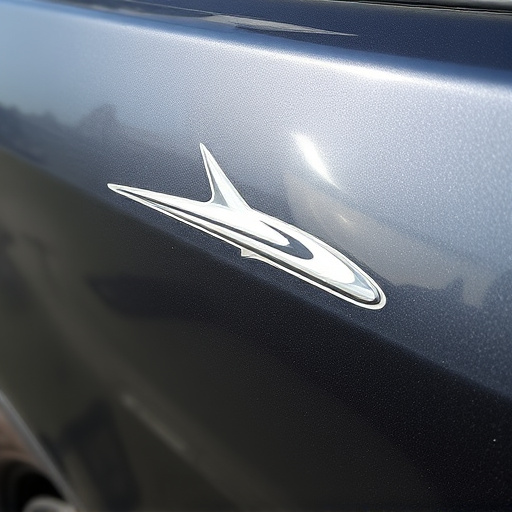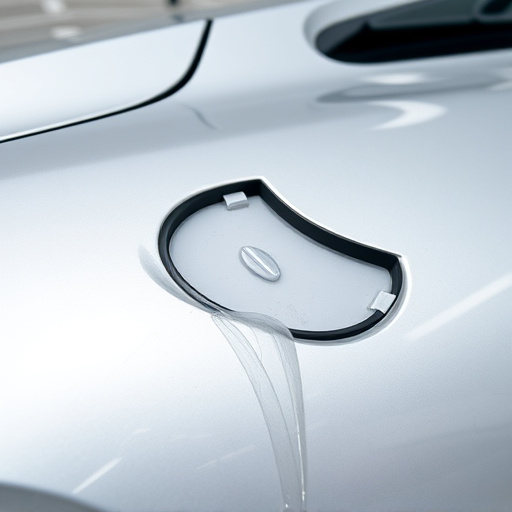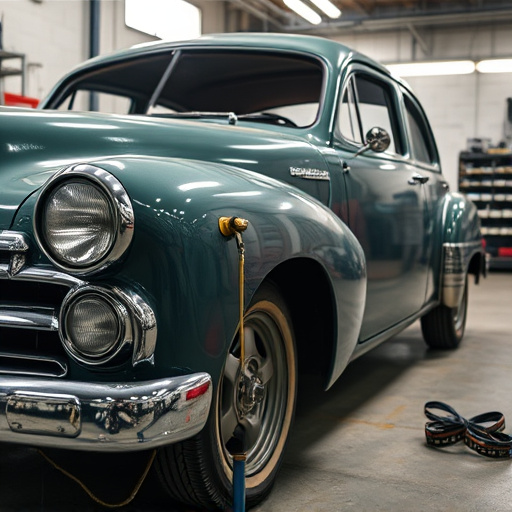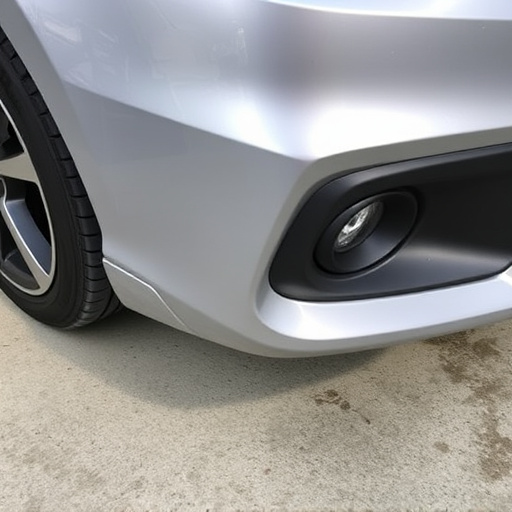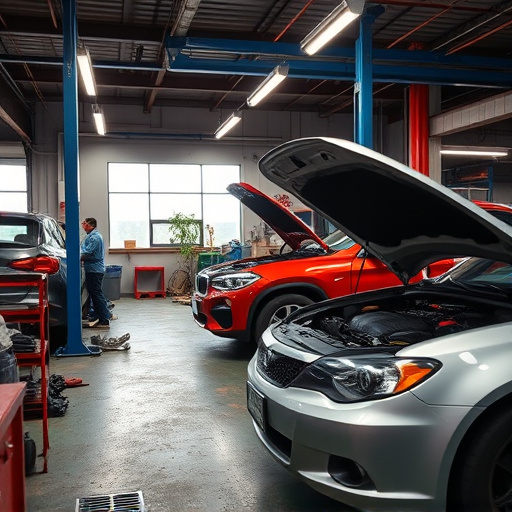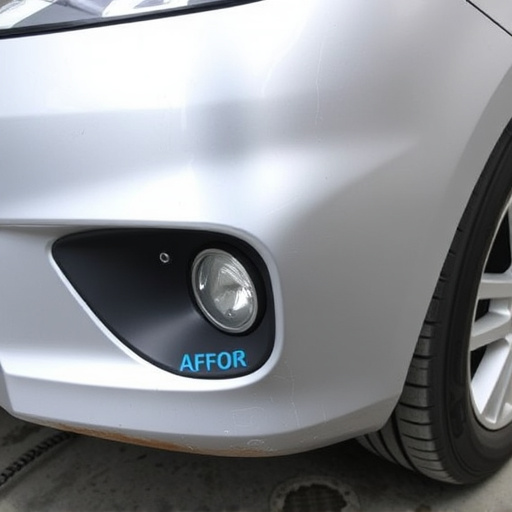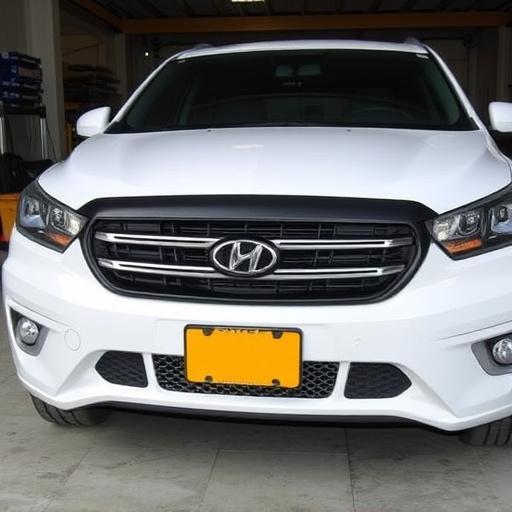Auto body shop warranties have geographical and service restrictions, excluding non-networked facilities and specific repairs like windows, mirrors, or interior trim. Customers must review fine print for exclusions, understand time limits (often a few months to a year), and inquire about renewal options to avoid unexpected costs, especially for luxury vehicles.
“Uncovering the Gaps: Common Limitations in Auto Body Shop Warranty Policies. When it comes to repairing your vehicle, understanding the fine print is crucial. This article sheds light on the frequent pitfalls within auto body shop warranty policies. We explore limited coverage areas that restrict validity, exclusions for specific parts and labor costs, and time-bound warranty periods. By examining these common limitations, consumers can make informed decisions, ensuring they receive comprehensive protection for their vehicle’s restoration.”
- Limited Coverage Areas: Restricting Warranty Validity
- Exclusion of Certain Parts and Labor Costs
- Time-Bound Warranty Periods and Renewals
Limited Coverage Areas: Restricting Warranty Validity

Many auto body shop warranty policies impose limitations on where and under what circumstances the coverage applies. These auto body shop warranty restrictions often focus on specific coverage areas, limiting the validity of the warranty to certain geographical locations or types of establishments. For instance, some policies might exclude warranty claims made at roadside assistance centers or non-networked repair facilities. This exclusivity can leave car owners vulnerable if they rely on these services for emergency car damage repair.
Furthermore, certain auto body shop warranties may only cover specific services like painting and paneling but exclude others such as tire services, glass replacement, or interior repairs. Understanding these limitations is crucial before agreeing to any warranty terms. Customers should carefully review the policy’s fine print to ensure it aligns with their needs and the scope of services they anticipate receiving from their chosen auto body shop.
Exclusion of Certain Parts and Labor Costs

Many auto body shop warranty policies have specific exclusions that can leave customers with unexpected bills. One common limitation is the exclusion of certain parts and labor costs from coverage. This often includes components like windows, mirrors, and some interior trim, which are prone to damage during accidents but may not be replaced or repaired under the warranty. Additionally, labor expenses for tasks such as frame straightening or complex Mercedes-Benz repairs might not be included, leaving vehicle owners responsible for these significant costs.
These exclusions can vary widely between different auto body shop warranties and even among policies offered by the same shop. Customers should carefully review the terms and conditions to understand what is covered and what is not. Being aware of these limitations allows informed decisions when choosing a repair facility and managing potential out-of-pocket expenses for vehicle body shop services.
Time-Bound Warranty Periods and Renewals

Many auto body shop warranty policies impose strict time limits for coverage, often ranging from a few months to a year after the repair is completed. This can be problematic for customers who discover issues with their vehicle’s bodywork later than expected. Moreover, renewals are not always guaranteed, leaving owners vulnerable if they fail to meet specific deadlines or criteria. The limited duration of these warranties means that any unforeseen damage or defects may not be covered, leading to potential financial burdens for consumers.
In the realm of luxury vehicle repair, where precision and quality are paramount, these time-bound warranty periods can be particularly concerning. Customers seeking services at auto repair shops should inquire about renewal options and understand the terms to ensure they aren’t left with unexpected costs down the line. Being well-informed about auto body shop warranty policies is crucial in protecting one’s investment.
Despite their intent to protect consumers, many auto body shop warranty policies suffer from common limitations. Restrictive coverage areas, exclusions for specific parts and labor costs, and short-term warranty periods leave customers vulnerable during repairs. Understanding these pitfalls is crucial when choosing an auto body shop and reviewing their warranty offerings. By being aware of these issues, you can make informed decisions and ensure a more comprehensive and reliable repair experience.




